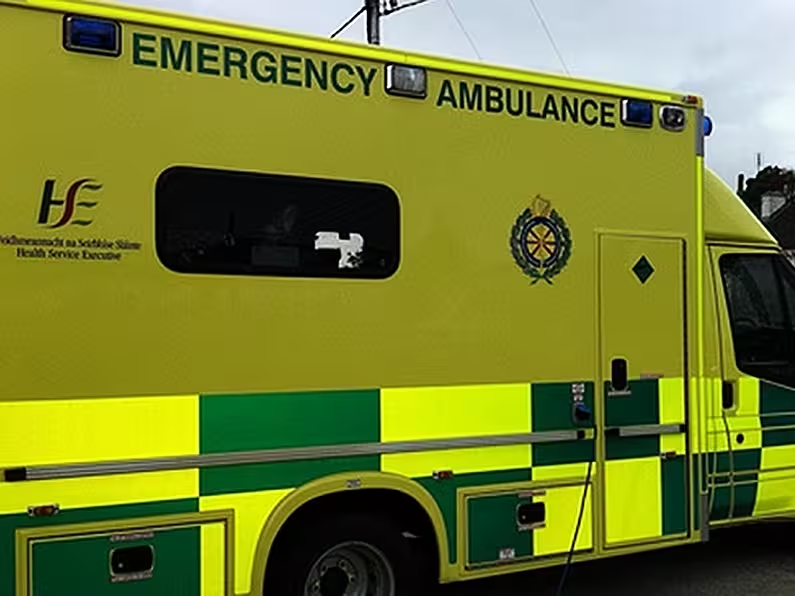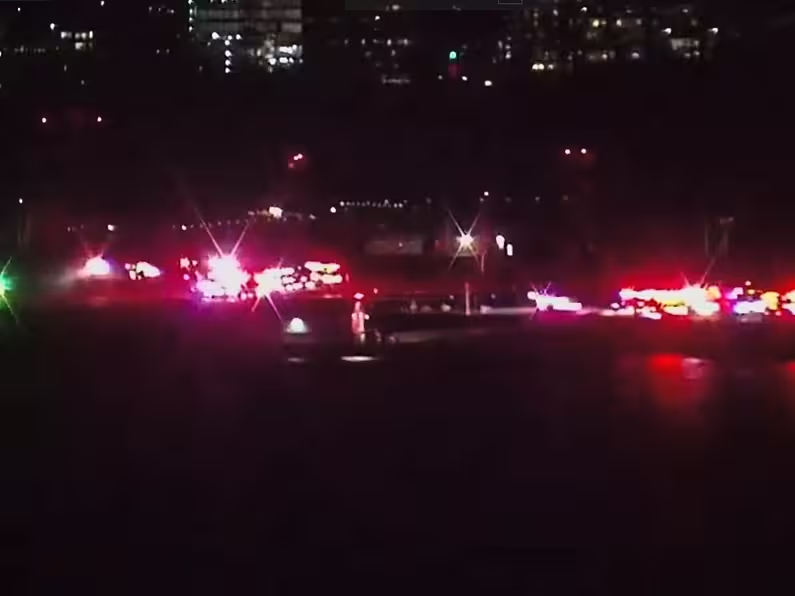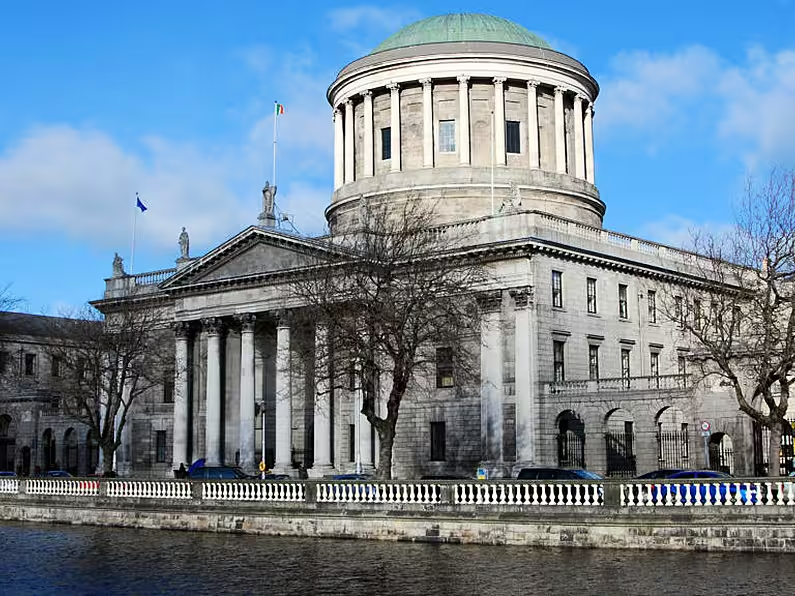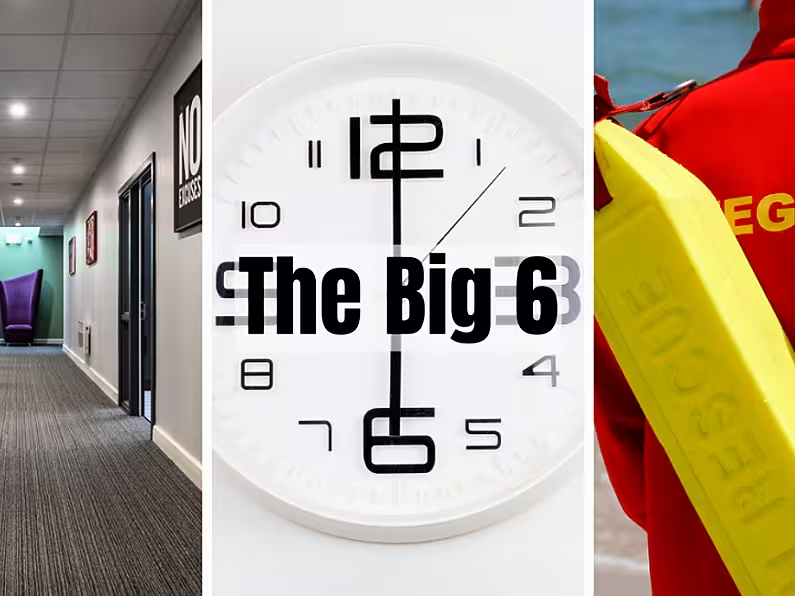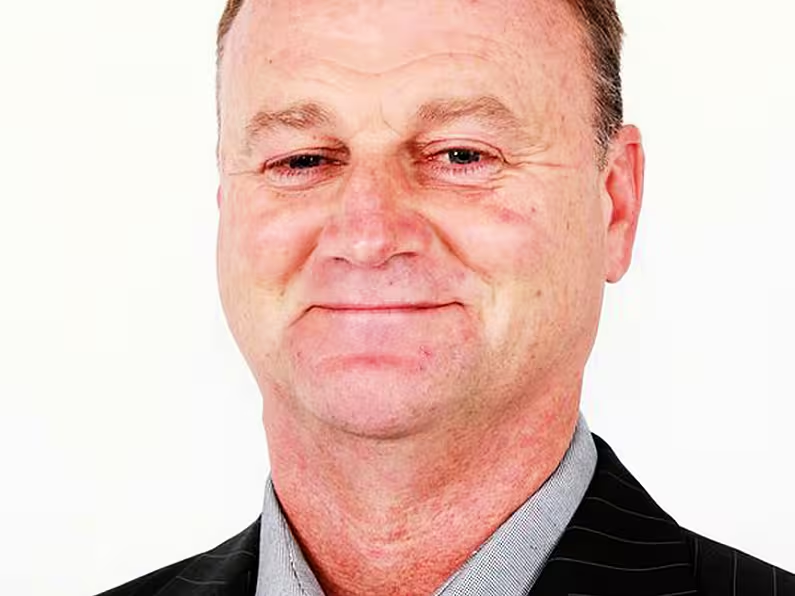Siptu has raised major concerns over how ambulance paramedics are handled in the south of the country.
The union has detailed examples of paramedics based in Castletownbere in west Cork being sent to Waterford, while another crew in south Tipperary were dispatched to respond to an incident near the Aran Islands.
It comes as some crew personnel have began an unofficial industrial dispute at some stations to highlight their increasingly long shifts and the impact it is having on response times.
Crews are having to work "mind boggling" 15 to 17 hour shifts, according to the union's organiser for the National Ambulance Service, Ted Kenny, with some not able to have their first meal until eight hours into the shift.
"It's happening across the South on a regular basis to be quite honest," he said.
"Another example would be an RTA [road traffic accident] in Slea Head in Dingle where an ambulance was sent from Castletownbere as well, which is a journey of two and a half hours as well. It makes no sense."
You can listen back to Part One of the programme here:
A meeting will take place next week with management to discuss the issues faced by crews.
Speaking on Waterford radio station WLR FM, where some ambulance crew have taken part in a work-to-rule protest against conditions, Mr Kenny said part of the difficulty is the centralisation of control rooms, with crews now directed by teams in Tallaght and Ballyshannon in Co Donegal.
"They don't have that geographical knowledge of the South East and the South and then when they're sending ambulances, they're looking at the next available resource and that resource could be two hours away."
He added that there is a shortage of staff and are "burned out" by the current shift work.
The main issue to be raised at the next week's meeting is is the large amount of time personnel are spending in the ambulance going across country
"We want to meet the control managers, to put a stop to this lunacy and to put a stop to this practice," Mr Kenny said.
"We're going to try and keep crews in their local areas as much as possible. There will be exceptions of course but that's what we're trying to do."
You can listen to the rest of today's programme here:



